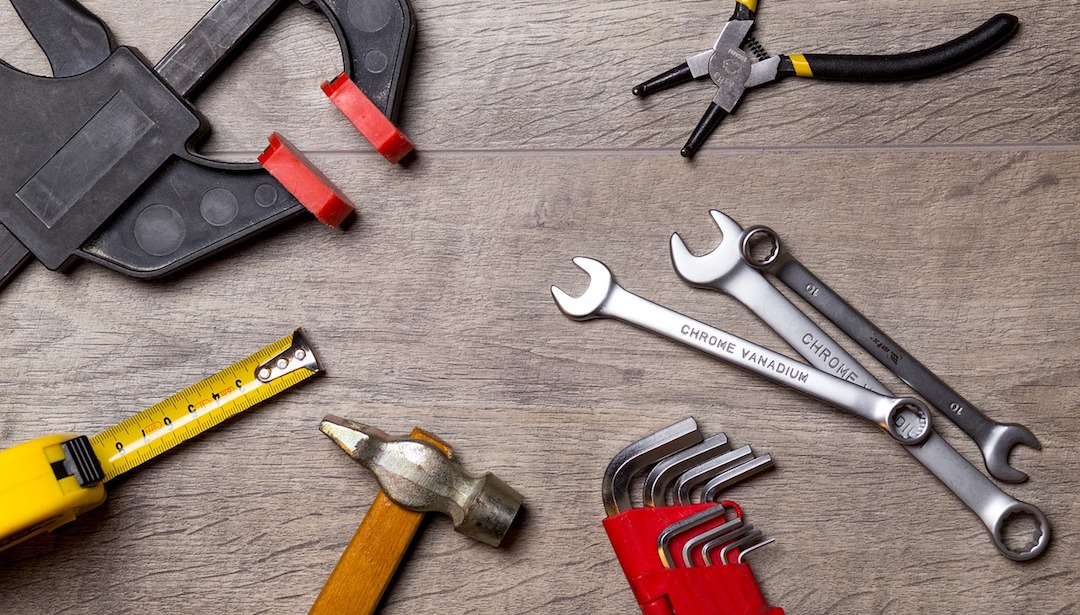If you owe money to someone and they take court action against you, you may end up with a County Court Judgment on your credit report. But what is a CCJ? How long does a CCJ last? And what should you do if you have one?
What's Included?
What is a CCJ?
A County Court Judgment is a formal decision from a county court that you owe money to someone. Any loan can put you at risk of a CCJ if you don’t pay.
A CCJ does not usually require you to attend court. Instead, the lender will complain to the court. The court will review their complaint. If upheld, the court will then issue a warning. If you fail to respond to this warning, you will be served with a CCJ.
The court will send you the judgment in the post, informing you of how much you owe, how to pay it back, the deadline for your final payment, and who to pay the money to.
What do I do if I get a CCJ?
If you owe the money, you must follow the instructions of the judgment and pay it back. You may ask for the terms to be altered to be more favourable to your financial situation.
If you do not owe the money, or you did not receive the initial warning from the court, you can appeal the CCJ to have it “set aside”. The CCJ will tell you how to appeal.
How long does a CCJ last?
CCJs, as with many things, stay on your file for a period of six years. CCJs are considered bad credit by many lenders and can seriously impact your credit score. It’s important to stay on top of your debt to avoid getting one.
How to remove a CCJ from your credit report
There are a few ways to have a CCJ removed from your credit report, but some of them are heavily time-limited.
Ask the court to set aside the CCJ
If you don’t owe the debt and can prove you made the payment on time, you can fill in a form to have the court cancel the CCJ. This is called “setting aside”. It will automatically remove the record of the CCJ from your credit report, but it can take up to four weeks. Bear in mind that this will only work if you genuinely don’t owe the debt.
Pay off a debt within a month
If you can pay off the amount required within a month of the CCJ’s registration, you can ask the court to remove the CCJ from your record. The court can certify that you’ve paid your debt. The court will then inform the Credit Reference Agencies. The CCJ should then be taken off your report, improving your credit score.
What to do if you’re stuck with a CCJ
Of course, if you’re struggling to pay off a loan, it’s possible that you’re not able to pay off your CCJ in time to get it taken off the report. In that case, you may end up being stuck with it on your report for six years.
We won’t sugarcoat it. Having a CCJ on your report is bad, and it’s best to try and avoid one as best as possible, but if you end up stuck with one, it’s also not the end of the world. You will, however, have to make some tough decisions, including lifestyle changes.
If you’re stuck with a CCJ on your report, what you can do is to keep the rest of your credit reputation in good condition until it is removed. This sends a message to lenders that you are trying to keep on top of things.
It isn’t easy, but that’s where Credit-Score can help. Credit-Score’s 24-Factor Credit Check can give you guidance on things you could do to improve your creditworthiness.
Bad credit is never a good thing to have to live with. However, it doesn’t necessarily stop you from applying for credit. It does, however, make getting the best deals less likely. This means that for a time you may have to pay higher rates on loans and credit cards versus others.
Credit-Score offers two fabulous solutions.
If you’re preparing to take a mortgage, never apply until you’ve tried our unique and FREE Credit-Score Home app. Our smart technology will tell you what you need to fix so you avoid rejection. The app predicts when you will be able to buy, for how much and tracks your month-by-month progress to mortgage success. We’ve even added your own mortgage broker, so you get the best deals available.
More focused on your credit rating? Well, get started for free with Credit-Score’s 24- Factor Credit Check to truly help you improve your creditworthiness and how lenders view you. (Remember: lenders don’t use your credit score! We’ll show you what lenders look for and how to get your credit report in the best shape possible).






